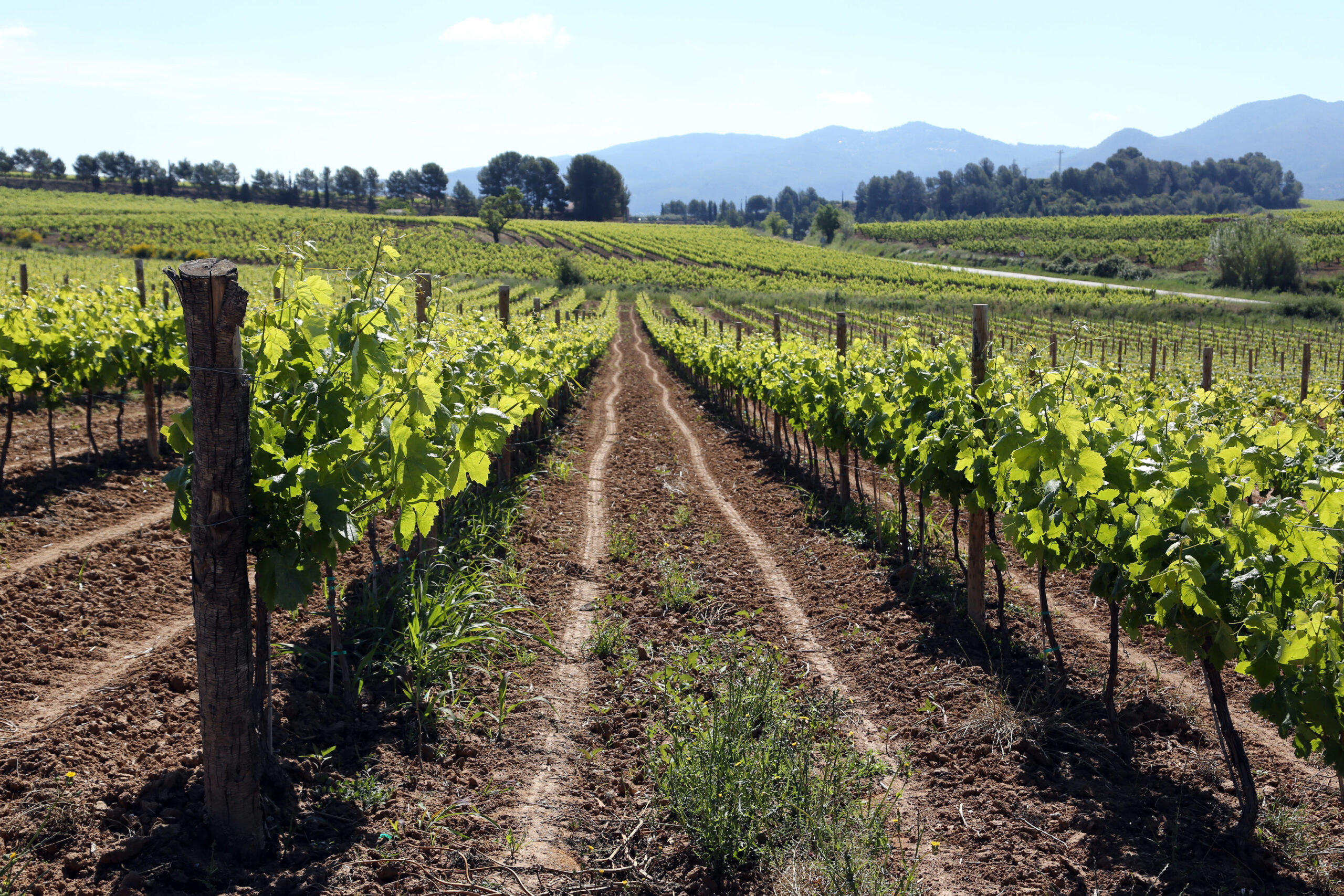Extremadura and the Valencian Community will, for the first time in history, have representation on the Regulatory Council of the Cava Protected Designation of Origin (PDO). For the first time in its 36-year history, one of its 12 members will be a non-Catalan representative after the joint candidacy represented by wine growers from Almendralejo (Badajoz) and Requena (Valencia) has obtained 383 votes out of the 1,095 cast and has reached a vocalía of the three that were at stake in these elections. The census of all of Spain is made up of 2,903 farmers with the right to vote, of which 282 are registered in the town of Tierra de Barros.
“Until now, all the regulations of the Cava DO were imposed on us. Now at least we have to be heard. We have come to add, there is no war, simply to contribute our grain of sand and to understand certain decisions that are not explained to us now” , has declared Juan Antonio Álvarez, who has headed the Extremaduran candidacy as representative of the Community of Farmers of Almendralejo.
This alternative defended the interests of these emerging producing areas in recent years in order to make them “more attractive and have more weight in the Regulatory Council that, historically, has been directed from a single candidacy of Villafranca del Penedés”. The Extremadura-Valencian candidacy had already tried an alternative option in previous elections, but until now they had never managed to reach a definitive agreement.
The agreement for this alternative candidacy establishes that the position obtained will be shared. First, the Valencian winemaker, Fernando Medina, will do it, and then it will be Álvarez’s turn.
According to the official data of the count communicated by the Electoral Board of the DOP, Extremadura has been the community with the highest participation, with 59.9%. In this region, the joint candidacy has received 168 of the 169 votes counted. In Requena, where the participation has been 49.6%, 208 votes have been added for this same candidacy, of the 214 total. In total, with the votes obtained in other areas, the candidacy of Extremadura and Requena has obtained a total of 383 ballots, while the Catalan candidacy has added 712. In Catalonia, participation has remained at 33% of the wine growers.
This candidacy has also obtained some more votes in other territories, such as the three issued in Cariñena (Zaragoza), two of the three that were in Logroño and one at the Sant Martí Sarroca table (Barcelona) and another at Sant Sadurní (Barcelona). ).
In total, in the B census, which distributes a maximum of three representatives in the Council, the candidacy Viticultors del Cava has obtained 712 votes, and the joint between Requena and Almendralejo, 383.
It should be noted that Almendralejo produces 6.5 million bottles of cava per year and Requena, around 10 million of the 250 million that are produced throughout Spain. Producers from Extremadura have demanded in recent years the possibility to increase this production, but both the DOP and the Ministry of Agriculture have limited the number of producing hectares. The Regulatory Council has opted not to expand the crops to, in its opinion, safeguard the quality of a select product.
The president of APAG Extremadura Asaja, Juan Metidiri, has highlighted “the effort, the work and the time that the Community of Farmers has dedicated” to encourage participation, as evidenced by the response of the winegrowers from Extremadura.
The future member, Juan Antonio Álvarez, has valued the results as “an enormous milestone” and “a success, not only for the votes, but also for the participation”, and has thanked all the voters and farmers of Almendralejo and other populations, such as Aceuchal, that “did the size” in elections that “value the wine world of Extremadura”.
Álvarez considers that it is “important to be at the tables that decide the regulations that we have to apply to farmers and wineries.” Regarding the position that the representative from Extremadura and Valencia will defend, he assures that the objective is “to be heard”.
Until now, these two communities, and also other producing areas, such as Aragón, were present in the Council -12 members- only as mere observers through technical representatives of both public bodies, such as the Junta de Extremadura and the Valencian generalitat. Right now, there are more than 350 wineries integrated in the Cava Denomination of Origin, a sector that has more than 6,800 producers and 38,000 hectares of vineyards throughout Spain.
Currently, the Designation of Origin is made up of 159 municipalities from seven Autonomous Communities: Catalonia (132), La Rioja (18), the Basque Country (3), Aragon (2), Navarra (2), Extremadura (1) and Valencia. (1).
Conforms to The Trust Project criteria
















